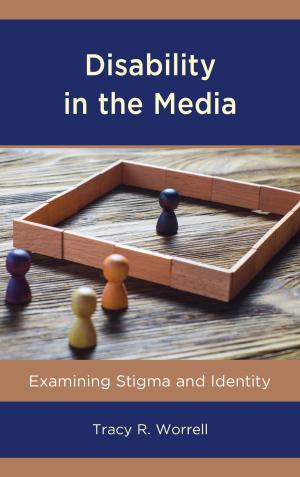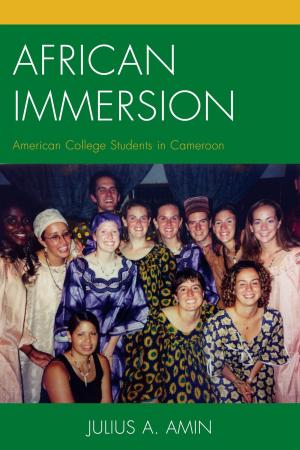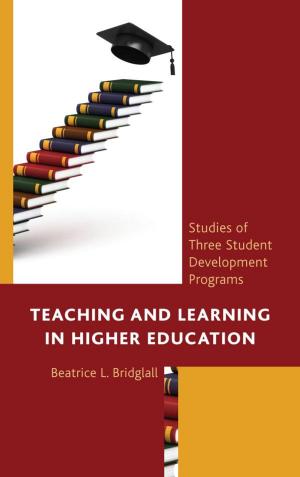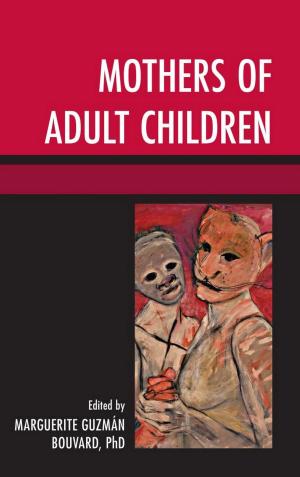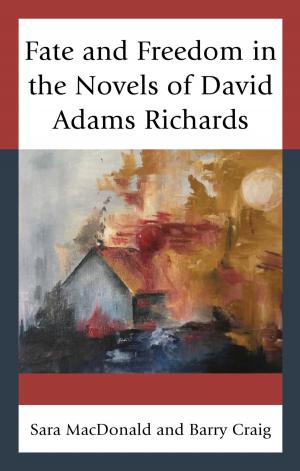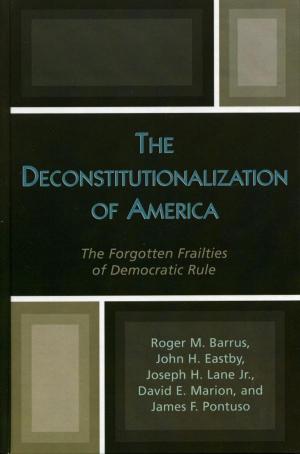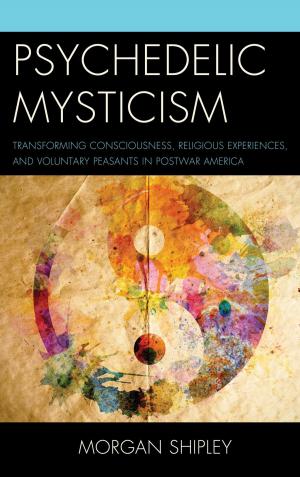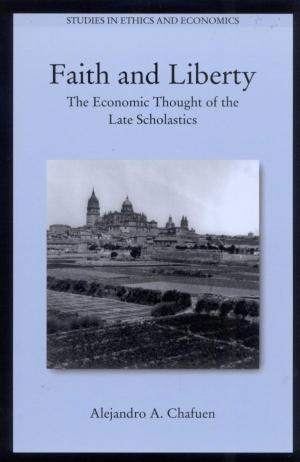Natural Law Today
The Present State of the Perennial Philosophy
Nonfiction, Religion & Spirituality, Philosophy, Political, Social & Cultural Studies, Political Science, Politics, History & Theory| Author: | Hadley Arkes, Steven Brust, J. Budziszewski, J. Daryl Charles, Fulvio Di Blasi, Steven A. Long, Ralph McInerny, Michael Pakaluk, Christopher Wolfe | ISBN: | 9781498576437 |
| Publisher: | Lexington Books | Publication: | October 15, 2018 |
| Imprint: | Lexington Books | Language: | English |
| Author: | Hadley Arkes, Steven Brust, J. Budziszewski, J. Daryl Charles, Fulvio Di Blasi, Steven A. Long, Ralph McInerny, Michael Pakaluk, Christopher Wolfe |
| ISBN: | 9781498576437 |
| Publisher: | Lexington Books |
| Publication: | October 15, 2018 |
| Imprint: | Lexington Books |
| Language: | English |
Natural Law Today: The Present State of the Perennial Philosophy explains and defends various aspects of traditional natural law ethical theory, which is rooted in a broad understanding of human nature. Some of the issues touched upon include the relation of natural law to speculative reason and human ends (teleology), the relationship between natural law and natural theology, the so-called naturalistic fallacy (deriving “ought” from “is”), and the scope of natural knowledge of the precepts of the natural law, as well as possible limits on it. It also takes up certain historical and contemporary questions, such as the various stances of Protestant thinkers toward natural law, the place of natural law in contemporary U.S. legal thought, and the relationship between natural law and liberal political thought more generally. It brings together a number of the leading exponents of a more traditional or classical form of natural law thought, who claim to root their arguments within the broader philosophy of Thomas Aquinas more deeply than other major representatives of the natural law tradition today.
Natural Law Today: The Present State of the Perennial Philosophy explains and defends various aspects of traditional natural law ethical theory, which is rooted in a broad understanding of human nature. Some of the issues touched upon include the relation of natural law to speculative reason and human ends (teleology), the relationship between natural law and natural theology, the so-called naturalistic fallacy (deriving “ought” from “is”), and the scope of natural knowledge of the precepts of the natural law, as well as possible limits on it. It also takes up certain historical and contemporary questions, such as the various stances of Protestant thinkers toward natural law, the place of natural law in contemporary U.S. legal thought, and the relationship between natural law and liberal political thought more generally. It brings together a number of the leading exponents of a more traditional or classical form of natural law thought, who claim to root their arguments within the broader philosophy of Thomas Aquinas more deeply than other major representatives of the natural law tradition today.

